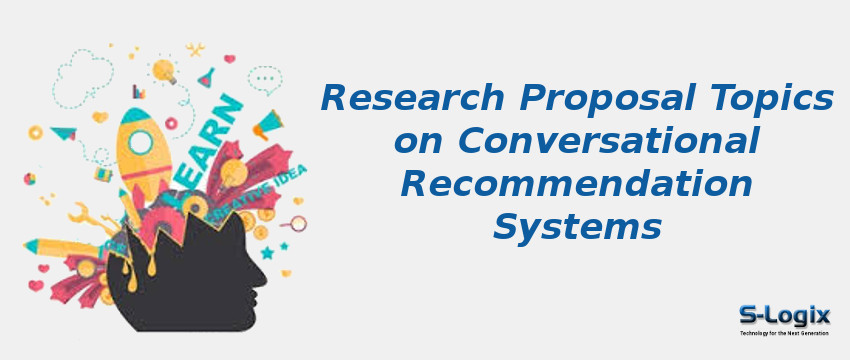The recommendation system is actively utilized in many web and electronic-based applications daily, which suggests relevant items to the user during the situation of information-overloaded, based on the user-s past behavior and interests. Traditionally employed classic and static recommendation systems are ineffectual in producing real-time personalization recommendations by only focusing on the user-s past preferences and history, without explicit interactions and active user feedback.
In recent years, the Conversational Recommendation system (CRS) is the new recommendation system class that has received comprehensive attention. Conversational recommendation systems mainly deal with the communication interaction between user and system by understanding the natural language dynamically, which is beneficial to provide explicit preferences of users. The significant aim of the CRS is to ameliorate the elicitation process by exploiting a diverse range of interactions to suggest high-quality items to users.
Since conversational recommendation system is the emerging research area, these systems facilitate salient challenges, and future scopes include exploration and exploitation trade-off in the cold-start recommendation setting, attribute-centric conversational recommendation, strategy-focused conversational recommendation, question-based user preference elicitation, multi-turn conversational recommendation strategies, and dialogue understanding and response generation. Application fields of CRS are Information Retrieval (IR), Natural Language Processing (NLP), and Human-Computer Interaction (HCI).
Current Research Opportunities:
• CRS is efficaciously exploited for cold-start problems by seamlessly unifying attributes and items in the undifferentiated arm space and accomplishing better exploration-exploitation trade-offs and intelligent dialogue policy automatically by the Thompson sampling framework.
• Coarse-to-fine contrastive learning for CRS is the novel framework to ameliorate data semantic fusion by supporting multi-type external data, sequentially enhancing recommendation and conversation tasks.
• Subjective attribute analysis is essential in conversational recommender to manage the inherent ambiguity in natural language. As a key technological advance, the effective modeling of subjectivity is introduced to leverage CRS.
• CRS in Natural Language Processing (NLP) is a highly evolving field that collectively analyses intent, dialog, sentiment, and recommendation services. Digital assistants are one of the promising applications in this field.
• The multimodal conversational recommendation is a burgeoning conception to explore a huge amount of multimedia information. Such recommender systems utilize state graph-based reasoning to represent multimodal knowledge graphs gathered from various relations and evidence in different modalities.
• Explainable conversational recommendation brings an alternative interaction paradigm, which incorporates user feedback into an explainable recommendation for enabling bidirectional user-model communications via conversations, which effectively satisfies user requirements.
• CRS has become one of the grand challenging concepts in Artificial Intelligence (AI). The next-generation conversational recommenders will focus on multi-component adaptive interactive systems, combining learning and knowledge-based systems, novel interaction forms and application domains, and social CRS.
